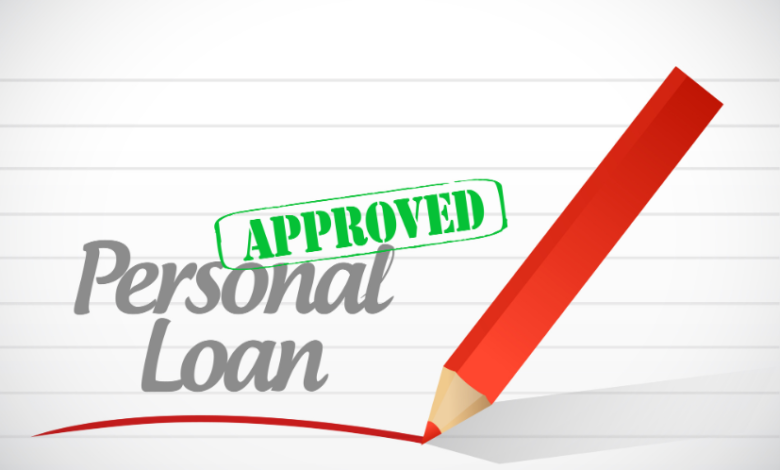Personal Loan Requirements: What You Need to Know

Did you know that over 2.7 million purchased loans were purchased in 2021?
Although loans are beneficial, you want to make sure you borrow in the right capacity. This means learning whether or not you qualify for a personal loan, the personal loan requirements, and more.
For this reason, this article serves as your go-to solution for personal loans. That way, you can determine how to borrow, how to pay back the loan, and more.
Read on to learn more.
Table of Contents
Your Credit Score
When considering taking out a personal loan, there are a few things you will need to keep in mind regarding your credit score. For starters, you will need to ensure that your credit score is high enough to qualify for the loan you are interested in.
In addition, you will also need to make sure that you have a good credit history and that you can repay the loan on time. If you don’t have a good credit history, you can apply for loans for bad credit. However, these loans have higher interest rates and fees than loans for people with good credit.
Loan Purpose
Personal loans can be used for various purposes, including debt consolidation, home improvements, and medical expenses. When considering taking out a personal loan, it’s important to clearly understand what you need the loan for. This will help you determine how much money you need to borrow and will also help you choose the right loan product.
Income
In order to qualify for a personal loan, lenders will typically require that you have a steady income. This can come from employment, self-employment, retirement benefits, or other sources.
For most people, income is the prime determinant of whether they will qualify for a personal loan and how much they will be able to borrow. Lenders will typically look at your employment history, pay stubs, and tax returns to verify your income and get an idea of your earnings potential.
Debt-To-income Ratio
Your debt-to-income (DTI) ratio is a key factor that lenders use to determine your ability to repay a loan. It’s calculated by dividing your monthly debt obligations by your gross monthly income. Lenders typically like to see a DTI ratio of 36% or less.
If your DTI ratio is too high, you may be less likely to be approved or offered a loan with less favorable terms. To improve your DTI ratio, you can work on reducing your monthly debt obligations or increasing your income.
Collateral
It’s an asset that the lender can seize if you default on the loan. The most common form of collateral is a car or home. The lender can repossess your car or foreclose on your home if you fail to make your loan payments.
Personal loans usually have lower interest rates than unsecured loans, making them a good option for borrowers with good credit. However, if you default on a personal loan, you could lose your home or car.
Important Personal Loan Requirements
If you’re considering taking out a personal loan, it’s important to understand the personal loan requirements. In general, you’ll need a good credit score, a steady income, and a solid plan for using the loan. Meeting these requirements will increase your chances of getting approved for a loan and getting a lower interest rate.
For more content like this, continue exploring the rest of our blog.

